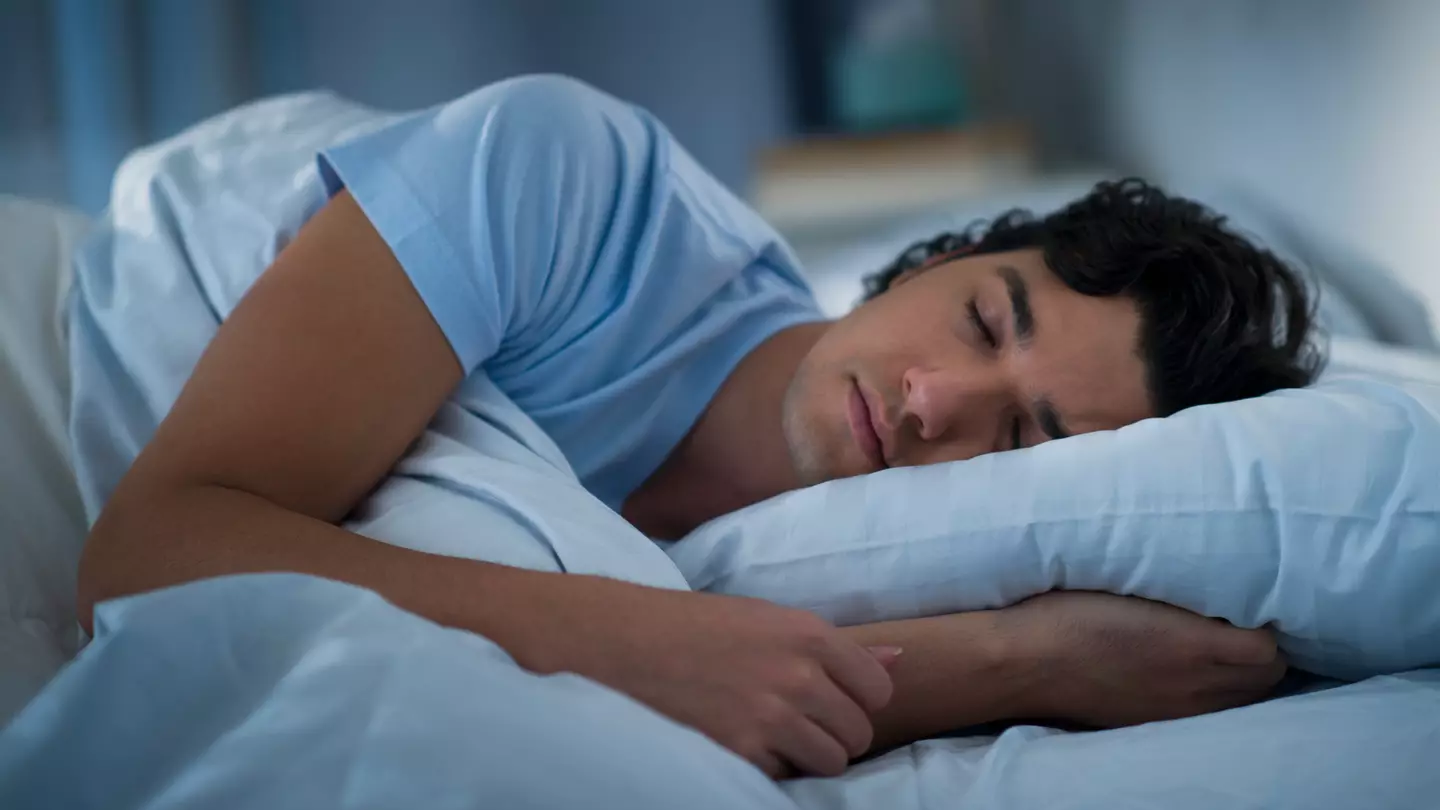An industry specialist has highlighted three indicators that could suggest you are suffering from a sleep disorder affecting over 30 million individuals in the United States, with millions remaining undiagnosed.
Waking up feeling drained can be frustrating, and there are numerous reasons this could happen.
Perhaps your neighbor was playing music loudly into the night, or you mistakenly drank a coffee too late. While it might seem isolated, Martin Seeley, a Senior Sleep Expert at MattressNextDay, points out that waking up fatigued might signify a more significant issue.
The condition in question, sleep apnea, interrupts regular breathing patterns during sleep, and is considered by the Mayo Clinic as a ‘serious medical condition’.
The American Lung Association estimates that around 30 million U.S. adults have sleep apnea, with a significant number unaware of their condition. So, what should you watch out for?

Daytime sleepiness and tiredness are associated with obstructive sleep apnea (OSA), where throat muscles block airflow, and central sleep apnea (CSA), where the brain fails to signal muscles to breathe, as detailed by the Mayo Clinic.
Seeley mentions: “If you catch yourself dozing off while watching television, reading, or even when stuck in traffic, it could indicate something more serious.”
Although falling asleep on the couch might be harmless, fatigue can pose risks in other situations. The Mayo Clinic warns that sleep apnea sufferers are more prone to motor vehicle and workplace accidents.
Persistent snoring might annoy a partner, but it is a prevalent symptom of both OSA and CSA sleep apnea types.
When throat tissues relax, they can partially obstruct the airway, leading to snoring.
“The more narrowed your airway, the more forceful the airflow becomes. This increases tissue vibration, which causes your snoring to grow louder,” the Mayo Clinic explains.
According to Seeley, sleeping on your back might exacerbate symptoms as it can cause the tongue and soft tissues to block the airway. To mitigate snoring, Seeley suggests: “Try sleeping on your side instead and use a supportive pillow to maintain that position.”

In addition to snoring, restricted airways might lead sleep apnea sufferers to gasp for air or choke during sleep.
The brain momentarily wakes you to reopen the airway, though these occurrences are typically so fleeting you might not recall them. During such episodes, you might ‘snort, choke or gasp’, as the Mayo Clinic outlines, with these events happening five to 30 times an hour or even more.
“This makes it hard to reach the deep, restful phases of sleep,” the site says.
To combat sleep apnea, Seeley advises avoiding alcohol before bed as it relaxes throat muscles, increasing airway blockage chances. He also suggests selecting a ‘medium firm mattress that supports spinal alignment and reduces pressure points’ and maintaining a healthy weight.
“Excess weight, mainly around the neck, can pressurize the airway, worsening sleep apnea symptoms,” notes Seeley. “Even a small weight loss can significantly enhance sleep quality.”
Recognizing the potential warning signs of sleep apnea is crucial, according to Seeley.
“If you wake up feeling exhausted despite a full night in bed, or your partner notices you snore loudly and stop breathing during the night, seek professional advice,” he said. “Sleep apnea isn’t just snoring, it’s a serious health issue that deserves attention.”
“Fortunately, once diagnosed, sleep apnea is highly manageable, and many experience significant improvements in energy and quality of life.”

